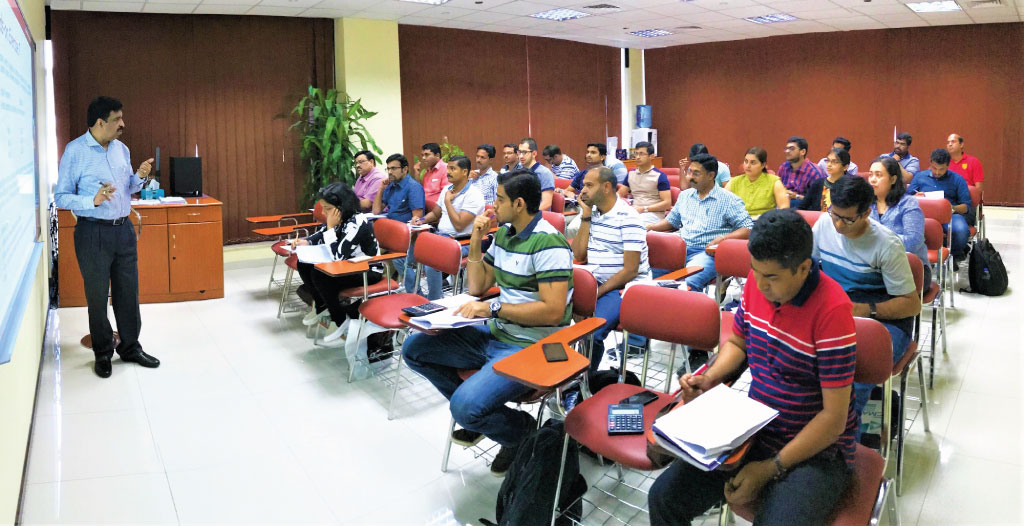In the world of accounting, the title “CMA” (Certified Management Accountant) is a coveted credential that holds immense value for all non-professional accountants looking to boost their careers. Whether you are an aspiring accountant, an individual working in an accounting-related role, or someone eager to enhance your understanding of management accounting, the CMA offers a multitude of benefits.
Here are several advantages of obtaining a CMA certification for non-professional accountants:
1. Career Advancement Opportunities
Even if you don’t hold a formal accounting degree, earning a CMA can significantly open doors for career growth. Many employers value the CMA as an indicator of a candidate’s ability to handle complex financial tasks and management functions. For non-professional accountants, this certification often serves as the differentiator when applying for higher-level positions or promotions within their organization.
2. Broader Knowledge of Management Accounting
While basic accounting skills are essential for anyone in account-related roles, the CMA program dives deep into management accounting, covering areas such as financial planning, performance management, risk analysis, and decision-making. This comprehensive knowledge makes CMAs highly valuable in management roles, as they understand not only the numbers but also how to leverage them for strategic decision-making.
3. Increased Earning Potential
With a CMA certification, non-professional accountants can expect higher salary prospects. According to numerous studies, CMAs earn significantly more than those without the certification. This financial boost reflects the advanced skills and expertise CMAs bring to their roles, which are crucial to an organization’s financial success.
4. Global Recognition and Credibility
CMA is an internationally recognized certification, making it a powerful credential if you aim to work in global markets. Non-professional accountants who obtain a CMA gain credibility with employers around the world, allowing them to work with multinational companies or take on cross-border projects. This global appeal can make a CMA certification a career-changing investment.
5. Improved Decision-Making and Problem-Solving Skills
The CMA program is designed to cultivate strong decision-making skills. By studying topics such as cost management, performance evaluation, and financial analysis, non-professional accountants can become proficient at interpreting financial data and making sound business decisions. These skills are highly transferable and can enhance effectiveness in a wide range of management and leadership roles.
6. Better Job Security
In today’s competitive job market, job security is more important than ever. With the broad expertise gained through CMA certification, non-professional accountants can set themselves apart from others in their field. The advanced skills that CMAs possess make them indispensable assets to employers, improving job stability and long-term career prospects.
7. Networking Opportunities
The Institute of Management Accountants (IMA), the body behind the CMA, offers access to a global community of professionals. By becoming a CMA, non-professional accountants can tap into this network, gaining valuable connections, mentorship, and opportunities for collaboration. Networking with like-minded professionals can lead to new career opportunities and the sharing of best practices that can aid in professional growth.
8. Enhanced Leadership and Strategic Thinking
Non-professional accountants often perform routine financial tasks, but with a CMA, they can transform into strategic business leaders. The certification fosters a deep understanding of how financial decisions impact a company’s overall strategy, making CMAs valuable in executive and management roles. As a result, non-professional accountants who earn the CMA can take on leadership roles with confidence.
9. Increased Job Satisfaction
For many individuals, becoming a CMA can bring a sense of personal achievement and professional satisfaction. The certification provides an opportunity to master new skills and gain recognition for one’s expertise. The sense of accomplishment that comes with earning the CMA can also lead to greater job satisfaction and motivation in one’s career.
10. Flexibility Across Industries
The knowledge and skills gained through CMA certification are highly versatile and applicable across a wide range of industries, from manufacturing and retail to finance and healthcare. Non-professional accountants can pursue opportunities in any sector that requires financial analysis, budgeting, and strategic planning, making the CMA a valuable certification for career diversification.
Conclusion
The CMA certification is a powerful tool for non-professional accountants looking to upskill and enhance their career prospects. From expanding knowledge and earning potential to improving job security and job satisfaction, the advantages of becoming a CMA are numerous. Whether you’re looking to climb the corporate ladder, transition into a new industry, or simply improve your financial expertise, the CMA provides the tools to unlock a world of opportunities.
If you are a non-professional accountant ready to take the next step in your career, Emerge Management Training Center will help you pursuing the CMA which might just be the key to unlock your full potential.
Emerge Management Training Center is an approved Institute of Management Accountant of the USA and Knowledge & Human Development Authority (KHDA) of Government of Dubai. They have won many awards from Institute of Management Accountants (IMA) for having achieved highest pass rate in the middle east.

